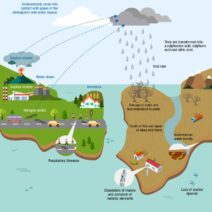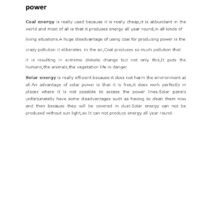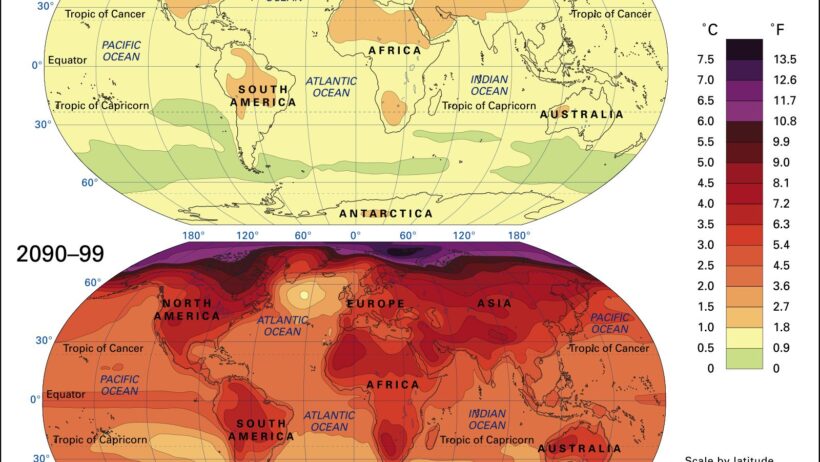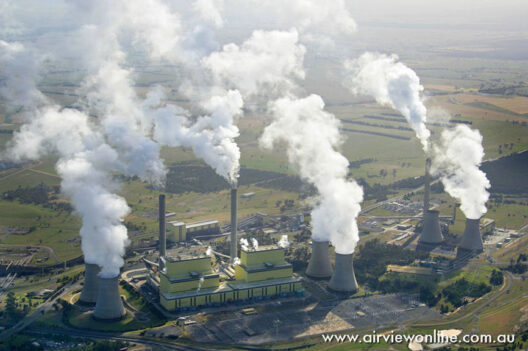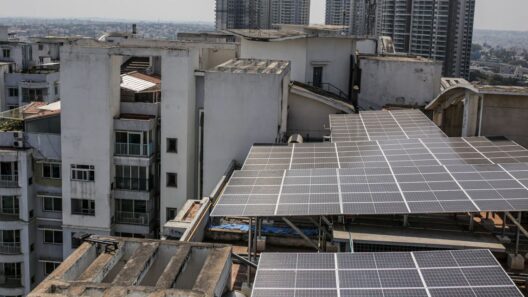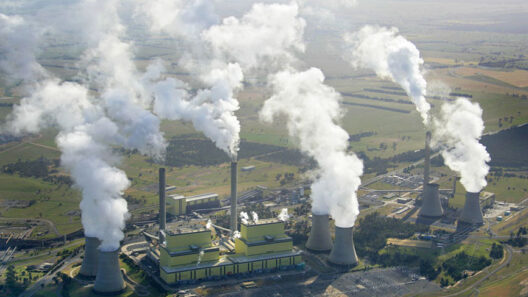Global warming, a phenomenon characterized by the gradual increase in Earth’s average temperature due to human-induced greenhouse gas emissions, is not merely an isolated concern. Its repercussions ripple through ecological systems, human economies, and societal structures, creating a domino effect that transcends geographical boundaries and social classes. By comprehending the cascading impacts of climate change, one can grasp the intricate interdependencies that link our planet’s diverse systems.
To understand the domino effect, one must first examine the warming of the globe. Predicted temperature rises, if unchecked, could reach ascendant levels of three to five degrees Celsius by the end of the century. Such dramatic elevations will significantly affect various climatic parameters, including precipitation patterns, sea levels, and the frequency and intensity of extreme weather events. The root causes are multifarious, ranging from fossil fuel combustion, deforestation, to industrial emissions, resulting in a complex lattice of environmental degradation.
As global temperatures rise, glaciers and polar ice caps, which serve as vital freshwater reservoirs, begin to melt at an alarming rate. This melting not only contributes to rising sea levels but also leads to diminished albedo effect—where dark ocean waters absorb more solar radiation than reflective ice surfaces. Consequently, both polar bears and Pacific island nations find themselves antagonized by this unrelenting trend. The shrinking ice caps displace wildlife and threaten the survival of species adapted to frigid environments, while communities in coastal areas face existential threats from encroaching sea levels.
Another salient aspect of global warming lies in its influence on freshwater availability. As temperatures escalate, evaporation rates increase, depleting lakes, rivers, and aquifers. In tandem, shifting precipitation patterns result in some regions experiencing torrential downpours while others suffer from protracted droughts. This hydrological imbalance directly impacts agricultural productivity. Farmers, already grappling with variable climates, are now confronted with the dual challenges of crop failure and reduced water supplies. The ramifications reverberate through food systems, influencing pricing mechanisms and accessibility of essential sustenance.
This agricultural stress catalyzes a cascade of socio-political consequences. As food scarcity mounts, conflicts over resources escalate, intensifying geopolitical tensions. Countries unable to produce sufficient food may find themselves reliant on imports, while those possessing agricultural surpluses could engage in exploitative trade practices. Herein lies a poignant manifestation of the domino effect: climate change not only endangers ecological systems but also undermines human welfare and fosters discord among nation-states.
In addition to food security, public health emerges as a critical concern as global warming continues unabated. Rising temperatures can facilitate the proliferation of vector-borne diseases. For example, as warm climates expand northward, so too do mosquitoes that carry illnesses such as malaria and dengue fever. This not only endangers public health but also strains healthcare systems ill-equipped to manage surges in disease prevalence. The overall health of populations deteriorates, exacerbating existing disparities in wealth and access to medical resources.
Moreover, the impacts of climate change extend to biodiversity hotspots around the world. The warming climate severely alters habitats, leading to species migration and increased extinction rates. Ecosystems that once thrived may collapse, resulting in the loss of crucial ecological services—such as pollination, water filtration, and carbon sequestration. As these ecosystems deteriorate, they exacerbate the very issues precipitated by climate change, further tightening the noose around vulnerable populations seeking to survive in an increasingly hostile environment.
Economic ramifications are equally alarming. The financial strain stemming from climate disasters—wildfires, hurricanes, and flooding—places enormous burdens on national economies. Governments face escalating expenditures related to disaster recovery and infrastructure repair. On an individual level, households in affected areas navigate the complexities of insurance, housing insecurity, and relocation, further embedding the socioeconomic divides exacerbated by climate fluctuations. The evidence is irrefutable: climate change creates a feedback loop that perpetuates poverty and economic instability.
Yet, amid this seemingly insurmountable crisis lies the promise of a transformative shift in perspective. The recognition of our interconnected world presents an opportunity for collective action. The urgency to address global warming invites innovative solutions that transcend traditional paradigms. Transitioning to renewable energy sources, enhancing energy efficiency, and embracing sustainable agricultural practices can not only mitigate the impacts of climate change but also foster resilience within communities. Successful adaptation requires a holistic approach, integrating ecological stewardship with social equity.
Education plays a pivotal role in galvanizing a global movement against climate change. Understanding the nuances of climate science and the interconnectedness of various systems can inspire individuals to advocate for policy changes and participate in grassroots initiatives. Public awareness campaigns, community engagement, and scientific literacy can empower citizens to drive environmental change at both local and global levels.
In summary, the domino effect of global warming orchestrates a complex interplay between environmental changes, social disparities, and economic instability. To navigate this intricate web, individuals and societies must adopt a proactive and collaborative stance toward climate action. The fate of our planet—and indeed, the future of humanity—hangs in the balance. Understanding the cascading impacts of our warming world can foster a deeper commitment to change, ushering in an era of environmental stewardship and social responsibility. Embracing this transformative mindset is not only a necessity but also an opportunity to reimagine how humanity interacts with the natural world.

